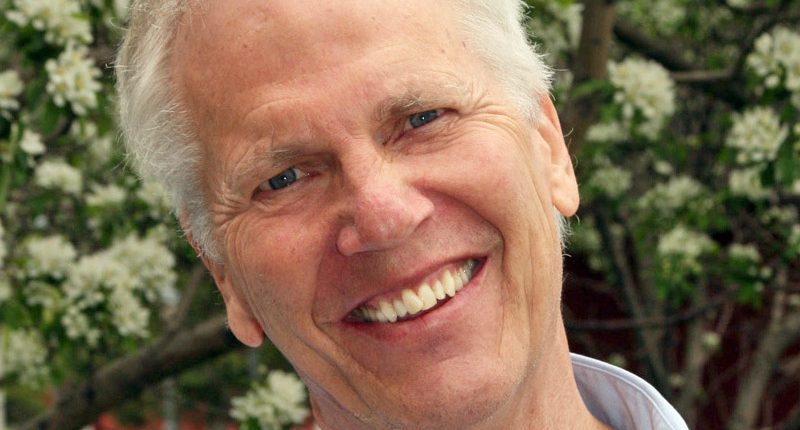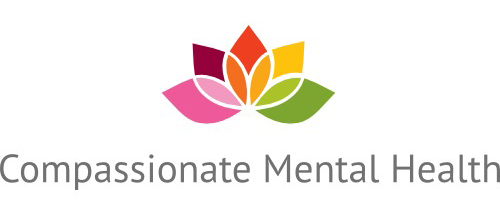Mon 2 and Tues 3 October 2017
With Daniel Fisher, Psychiatrist and Co-founder of the National Empowerment Center
Space on the training is limited to 20 participants.
A two day certified training in Emotional CPR (eCPR). eCPR is an educational program designed to teach people to assist others through an emotional crisis by three simple steps:
to Relationships, Routines, and Roles
eCPR is based on the principles shared by a number of support approaches: trauma-informed care, counselling after disasters, peer support to avoid continuing emotional despair, emotional intelligence and suicide prevention. It was developed with input from a diverse cadre of recognised leaders from across the U.S., who themselves have learned how to recover and grow from emotional crises.
The Connecting process of eCPR involves deepening listening skills, practicing presence, and creating a sense of safety for the person experiencing a crisis.
The emPowering process helps people better understand how to feel empowered themselves as well as to assist others to feel more hopeful and engaged in life.
In the Revitalizating process, people re-engage in relationships with their loved ones or their support system. They resume or begin routines that support health and wellness, reinforcing the person’s sense of mastery and accomplishment, and further energising the healing process. People say:
“In my 26 years of recovery I have not experienced anything as profound and empowering as the eCPR training. Thank you for helping me learn new tools and allowing myself to grow and express who I am. The whole training inspired me to be a better person and to not be embarrassed by who I am.”
“It was one of the most profound experiences I have ever had. This is the kind of work I want to be doing to build community. It is a transformative process.”
“Just as a person’s physical heart needs attention in a cardiac crisis, a person’s emotional heart needs attention in an emotional crisis. eCPR is a form of heart-to-heart connection for emotional resuscitation.”
- The lived experience of people with emotional crisis: what is happening when support in crisis is effective
- Trauma-informed approaches: understanding the prevalence and impact of trauma, avoiding re-traumatisation, and supporting healing and resilience
- Crisis counseling after disasters: research and training developed from disaster relief and combat experiences
-
Suicide prevention based on restoring hope: Collaboration rather than coercion; empowerment rather than rescue, seeing people as fundamentally whole
- Cultural empathy and humility: avoiding assumptions, being willing to learn what is respectful
- Authentic and respectful dialogue: listening together with open minds, equality and freedom of choice
- Learn what effective crisis support looks and feels like
- Be empowered to help someone in distress move from alientation to connection
-
Cultivate a hopeful and positive attitude, especially regarding the future
-
Know the importance of the gift of silence and when to offer it
-
Be confident to communicate that you care while creating an emotionally safe relationship
-
Learn how to Listen deeply and stay present in the face of emotional distress
- Feel they can give emotional CPR if called on in a crisis
-
Be able to stay centered while attending to the other person’s feelings
-
Engage with barriers and opportunities while connecting
-
Meet people where they are without pathologising or supressing
-
Enter into a collaborative “power with” as opposed to “power over” relationship
-
Facilitate the other person’s access to inner wisdom
-
Facilitate the transformation of anger and/or fear to passion and strength
-
Support the person to tap into their inspiration and motivation for change
-
Help someone identify what brings meaning and purpose to their lives


